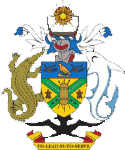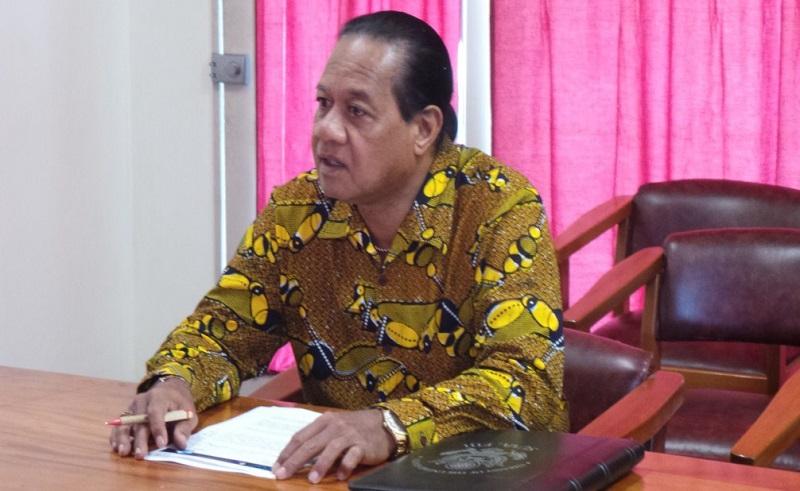There has been a proliferation of free trade agreements (FTAs) across the globe, based on the understanding that they can play an important role in promoting and supporting trade liberalisation. For Solomon Islands, the decision to enter in to FTAs, or regional trade agreements (RTAs) is the result of the realisation that countries have more to gain from working together to achieve commercial benefits, as well as to address wider social issues such as migration, climate change mitigation, peace and stability.
Fostering the free flow of trade and promoting stronger ties will enable barriers to the exchange of goods and services to be reduced or removed between Solomon Islands and its main trading partners. Enhanced cooperation should lead to gains beyond the border, increasing the competitiveness of Solomon Islands’ goods and services, creating business opportunities for Solomon Islands’ companies and providing Solomon Islanders with the opportunity to cross borders to live and work, in order to share expand their knowledge and skill set.
Solomon Islands has signed three RTAs and has two under negotiation. Solomon Islands is a party to both non-reciprocal and reciprocal RTAs. Non-reciprocal agreements grant exports from Solomon Islands with preferential or duty free access into the markets of other countries but do not require Solomon Islands to reduce import duties on goods imported from the other parties. Exports of goods from Solomon Islands receive non-reciprocal market access under the Generalised System of Preferences (GSP) schemes operated by Australia, Canada, China, Chile, Chinese Taipei, European Union, Iceland, India, Kyrgyz, Morocco, New Zealand, Norway, Russian Federation, Belarus, Kazakhstan, South Korea, Switzerland, Turkey and the United States. Importantly, these agreements do not impose any legal obligations on the Solomon Islands, either internationally or domestically. Solomon Islands is a party to one non-reciprocal trade agreement; South Pacific Regional Trade and Economic Cooperation Agreement.
Reciprocal trade agreements require Solomon Islands to extend preferences to the countries which are party to the RTA, in exchange for the market access offered by the other parties. Typically the preferences offered to all parties are equally advantageous and go beyond Most Favoured Nation (MFN) tariff commitments. Solomon Islands is a party to one reciprocal trade agreement; Pacific Island Countries Trade Agreement, and is currently negotiating two reciprocal trade agreements; Pacific Agreement on Closer Economic Relations Plus and an Economic Partnership Agreement with the European Union.
Follow the links below for more information on the regional trade agreements Solomon Islands is a party to.
Melanesian Spearhead Group Trade Agreement
South Pacific Regional Trade and Economic Cooperation Agreement
Pacific Island Countries Trade Agreement

